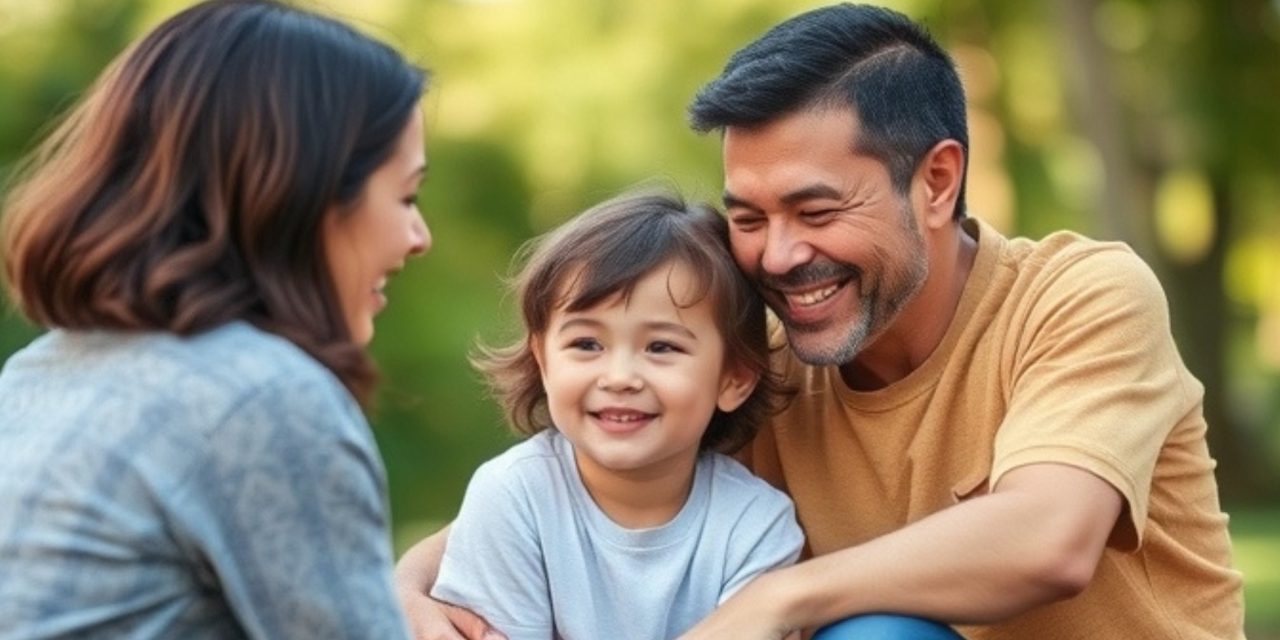Parenting isn’t just about keeping your kids alive until adulthood—though that’s a solid goal! It’s about building strong connections that will help them thrive. Enter positive parenting: a refreshing approach that transforms the chaotic dance of parenthood into a harmonious waltz.
By embracing positivity and optimism, you can create an environment where your little ones feel safe, valued, and ready to conquer the world (or at least their next homework assignment). Think of positive reinforcement as your secret weapon—like confetti for good behavior!
Praising achievements, no matter how small, helps boost self-esteem and motivation. Active listening ensures your kids feel heard (even when they’re explaining the latest plot twist of their favorite cartoon for the tenth time). And let’s not forget open communication, which lays the groundwork for honest conversations.
Together, these strategies create a nurturing environment where both parents and children can thrive. So, let’s dive into the delightful world of positive parenting and discover how to strengthen those family bonds while keeping the laughter flowing!
Be a Role Model
Being a positive role model is paramount in positive parenting. This it entails nurturing and teaching values to become a positive influence in children's lives. As a bonus, this promotes positive interactions.
Parents who exhibit positivity in their actions and words greatly impact their children's development. By In fact, they can set the stage for their children to navigate the world with grace and understanding by modeling values like:
- Respectful communication
- Empathy
- Resilience
This positive influence also extends to how children interact with others. It shapes their ability to build healthy relationships and handle challenges. Ultimately, being a positive role model fosters an ideal environment. This helps children to thrive and grow into kind, empathetic, and resilient individuals.
Use Positive Reinforcement
Utilizing positive reinforcement is a key aspect of positive parenting. It contributes to building self-esteem, promoting positive behavior, and fostering resilience in children.
When parents use positive reinforcement, they offer their children praise, encouragement, and rewards for their good behavior. This then helps them develop a healthy sense of self-worth and confidence. Such positive feedback also strengthens the likelihood of their continued positive behavior. That’s because children are motivated to seek further acknowledgment for their actions.
Positive reinforcement teaches children to be resilient in handling challenges. They learn to associate their efforts with positive outcomes, which fosters a mindset of perseverance and determination.
Listen and Validate Your Child's Feelings
Listening and validating your child's feelings is crucial in positive parenting. This involves the following:
- Active listening
- Understanding children's emotions
- Providing emotional support to promote healthy development
Acknowledging and accepting your child's emotions creates a safe environment for them to express themselves freely. When children feel heard and understood, it enhances their self-esteem. This also fosters a deep sense of trust in the parent-child relationship.
This practice aids in developing empathy and emotional intelligence in children. It enables them to navigate their own feelings and effectively communicate with others. Ultimately, actively listening and validating your child's feelings establishes a strong foundation for their emotional well-being.
Encourage Open Communication
Encouraging open communication is fundamental in positive parenting. Ideally, this entails:
- Supportive parenting
- Strengthening relationships
- Fostering trust within the parent-child bond
It allows children to express their thoughts, feelings, and concerns freely. Doing so fosters a sense of security and validation.
When parents actively listen and communicate openly, it creates an environment where children feel understood and valued. As a result, the parent-child relationship is strengthened.
This open dialogue also helps in building trust. Children learn to confide in their parents and seek guidance, which contributes to their emotional well-being and overall development.
Conclusion
Positive parenting is about more than just surviving the chaos; it’s a transformative journey that cultivates strong, lasting bonds between parents and children.
By embracing strategies like role modeling, positive reinforcement, active listening, and open communication, you can create an environment where your children flourish. It helps them develop into kind, resilient individuals. So, let’s continue this journey together, nurturing the joy and laughter that comes with raising happy, confident kids.
Stay tuned to Marvelus Kids for more insights and tips on positive parenting —because every family deserves a little extra love and laughter!









